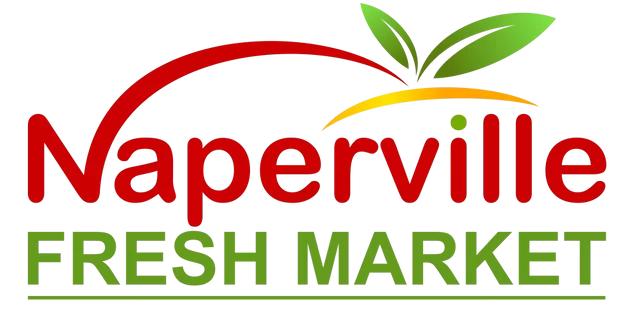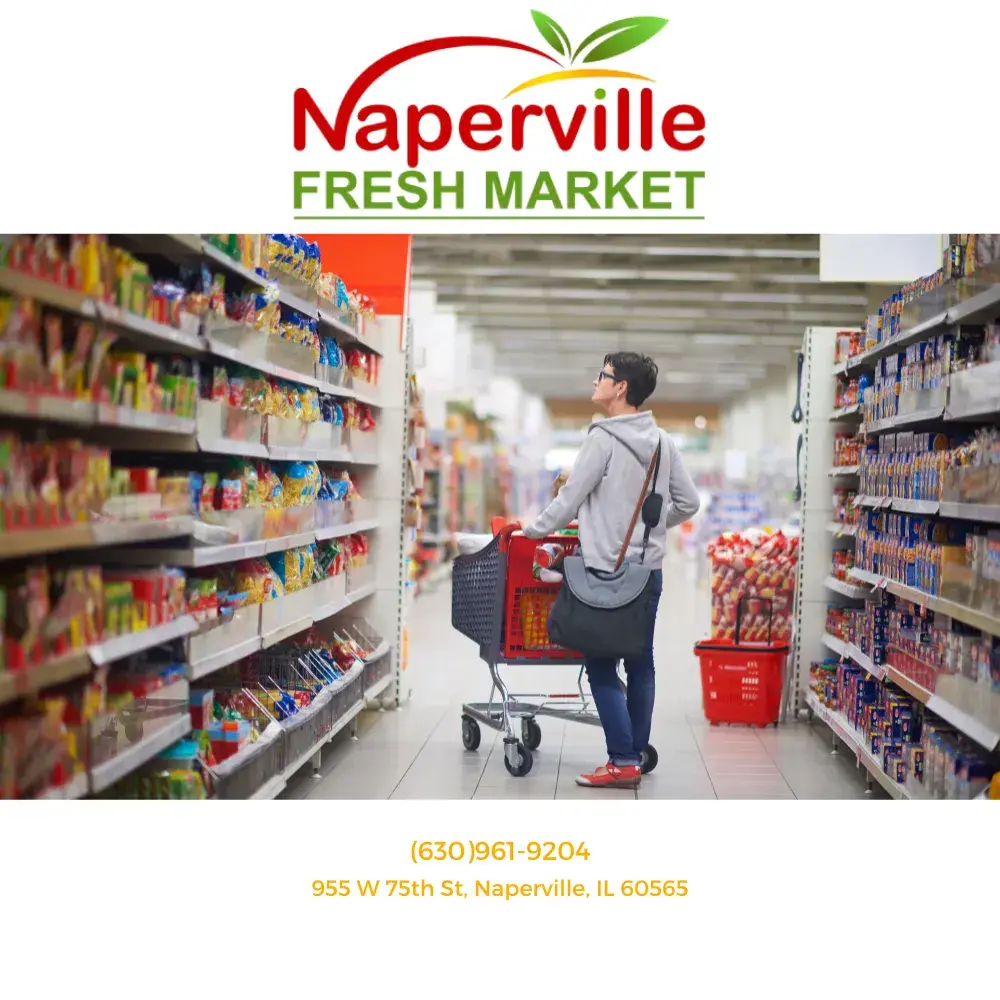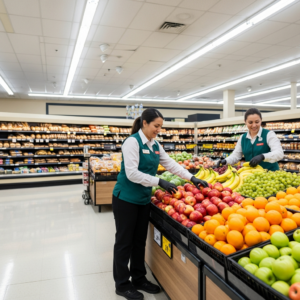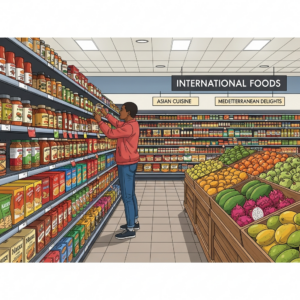Organic labels can be confusing, but they are essential for making informed choices about the food you buy. As more people seek healthier options, supermarkets are offering a variety of organic products. Knowing what these labels mean can help you choose the best quality foods for your family.
The Meaning Behind Organic Labels
Organic labels indicate that the product meets specific standards set by certifying bodies. In the United States, the USDA Organic label is the gold standard. It means that the food is produced without synthetic pesticides, GMOs, or artificial additives. Other labels you might see include “100% Organic,” “Organic,” and “Made with Organic Ingredients,” each reflecting different levels of organic content.
What to Look for on Labels
When shopping at your supermarket, look for the USDA Organic seal. This label ensures that the product is certified organic by the U.S. Department of Agriculture. Additionally, you might find labels like “Non-GMO Project Verified” or “Certified Naturally Grown.” These labels indicate that the food was produced using practices that align with organic principles, even if they are not certified organic.
Understanding Other Certifications
Besides the USDA Organic label, there are other certifications to consider. The “Non-GMO Project Verified” label ensures that the product is free from genetically modified organisms. “Certified Naturally Grown” is a grassroots certification that follows organic farming practices. While these labels are not the same as USDA Organic, they still indicate a commitment to sustainable and natural farming methods.
The Benefits of Choosing Organic
Opting for organic products from your supermarket supports sustainable agriculture and promotes better health. Organic farming practices reduce environmental impact by avoiding synthetic chemicals and promoting biodiversity. For consumers, organic foods often have higher nutritional value and better taste. By understanding organic labels, you can make more informed decisions and support practices that are beneficial for both your health and the planet.
Moreover, choosing organic products encourages supermarkets to stock a wider variety of organic options, making it easier for everyone to access healthier foods. This shift not only supports local farmers but also contributes to a more sustainable food system.
Next time you visit your local supermarket, take a closer look at the labels. Understanding what they mean can help you select the best organic products available. By choosing foods with trusted organic certifications, you are making a positive impact on your health and the environment.
Learn More
Cooking with Organic Ingredients: Recipes and Tips for Healthy Eating




